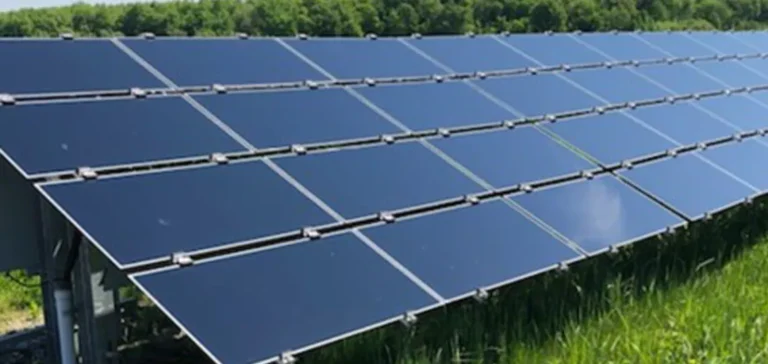US-based Odyssey Energy Solutions has secured $7.5 million in funding from British International Investment (BII), the United Kingdom’s development finance institution. The funding aims to accelerate the deployment of solar mini-grids in various regions of Nigeria, a country facing one of the world’s lowest electrification rates.
With nearly 90 million Nigerians lacking access to electricity, the government is increasing support for off-grid electrification through partnerships with private actors. This funding is part of the Distributed Access through Renewable Energy Scale-up (DARES) programme, a World Bank-backed initiative targeting improved electricity access for approximately 17.5 million people.
A tool to address financial barriers in the sector
Through Odyssey’s technology platform, mini-grid developers will gain access to solar and storage equipment under flexible financing terms. The model aims to address one of the main constraints of the Nigerian sector: the difficulty of mobilising long-term capital tailored to the market’s technical and logistical demands.
BII’s strategy focuses on targeted support for projects that combine economic viability with structural impact. “Mini-grids powered by clean and affordable energy sources have a vital role to play in rapidly reducing the number of Nigerians without electricity,” said Benson Adenuga, BII’s regional director for West Africa.
A market backed by multilateral institutions
Nigerian authorities aim to reduce dependence on the central grid and costly diesel generators by promoting solar mini-grids. They rely on multilateral partners such as the World Bank, Agence française de développement (AFD), and BII to support a still-developing market.
The DARES programme provides co-financing to private projects through grants and concessional loans. Odyssey serves as an aggregation platform to facilitate access to resources and speed up project execution. Developers will also benefit from standardised procurement and logistics procedures.
Untapped solar potential in rural zones
Despite the country’s constant solar exposure, Nigeria still struggles to establish a reliable supply chain for solar technologies. Projects supported by Odyssey aim to address this gap, focusing on underserved rural and peri-urban areas.
Authorities view decentralised mini-grids as a key component of the national energy mix in the coming years. Contributions from institutions like BII may play a critical role in building long-term financial structures in a sector seeking greater stability.






















